On December 4, the leader of the State Administration Council (SAC), Senior General Min Aung Hlaing, issued a call to the ethnic armed organizations (EAOs) to cease conflicts and begin political negotiations.
Since it took power in a coup détat in 2021, the military has refrained from expressing willingness to engage in dialogue with groups whom they labeled as terrorists such as the National Union Government (NUG), a parallel administration comprising duly elected parliament members, the People Defense Force (PDF), and some other EAOs.
In addition, the military has consistently announced it has never participated in political discussions facilitated by the former ASEAN chair, Indonesia, despite its representatives – the Myanmar Institute of Strategies of International Studies – having actively participated in numerous meetings.
Senior General Min Aung Hlaing’s latest announcement signals a change in the military’s approach, showing its attempt to establish negotiations with its opposition. This implies that its authority over the nation has become ineffective. The military has lost power across the nation, most notably in Chin, Karen, Karenni, Rakhine, Kachin, and northern Shan State as well as in regions of Thanintharyi, Sagaing, Bago, and Ma Gway. Casualties, injuries, surrenders, and incorporation into ethnic armed organizations by military personnel reveal the severity of their loss of control.
Although the military has requested that negotiations take place within the framework of the 2008 constitution and adhere to the country’s fundamental principles, the opposition has taken a different approach.
The opposition’s current actions demonstrate that changing the ruling body or releasing Aung San Su Kyi, her allies, and other prominent political figures is not enough to address the country’s problems. The primary goal is to build a new governing structure that ensures equal rights for all people. In reality, each ethnic state, as well as other parts throughout Myanmar, has already drafted its constitution, undermining the military’s ambition for supervision.
Furthermore, the opposition made a firm principle that even when political discussions take place, the military must stay away from intervening. The military must directly serve under civilian government commands and should not be subject to sole control by any specific Burmese ethnic group.
Unless and until this approach becomes standard practice, the country’s problems remain.





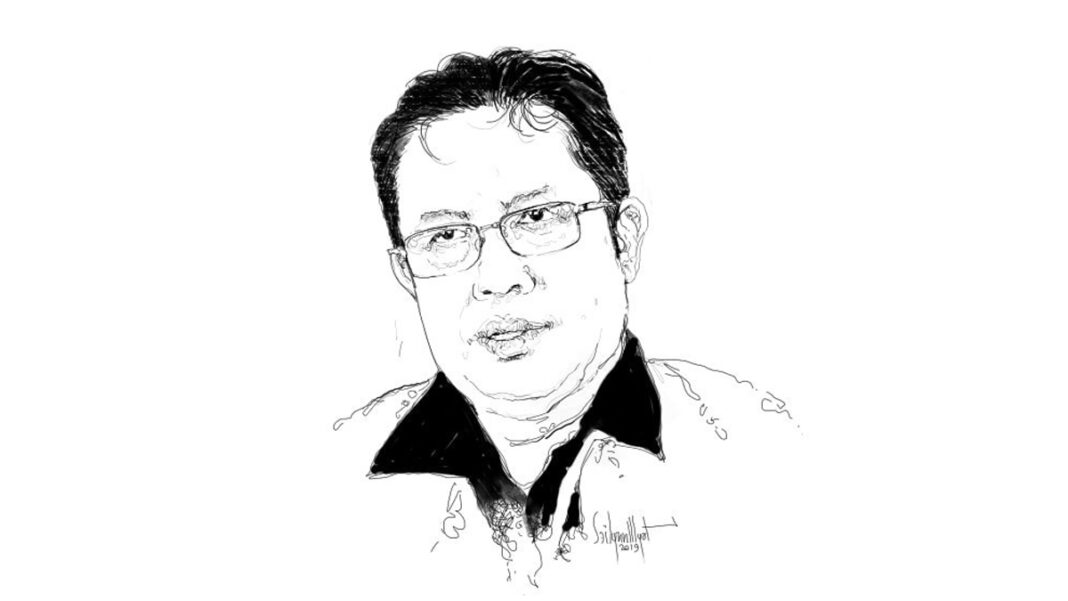
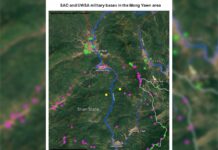

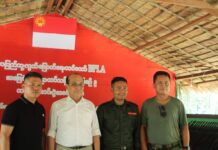
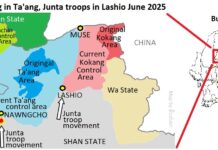
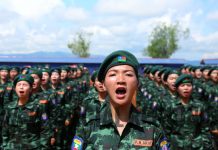




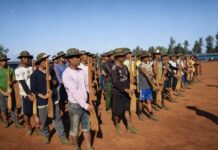

Leave a Comments